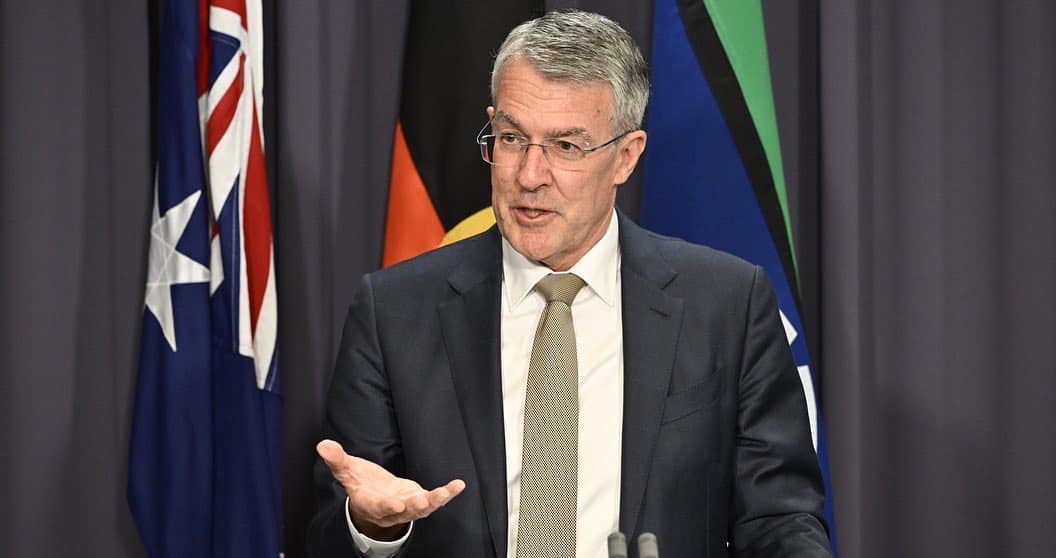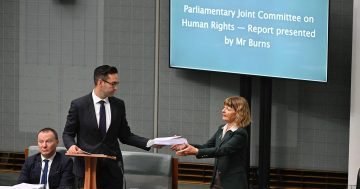
Attorney-General Mark Dreyfus announced the review of Australia’s human rights policy. Photo: Supplied.
Human rights policy is up for an overhaul, with the Federal Government embarking on a review of the decade-old framework designed to keep anti-discrimination safeguards a priority.
Attorney-General Mark Dreyfus has announced a parliamentary review of the framework to determine whether it remains fit for purpose.
“I have asked the Parliamentary Joint Committee on Human Rights to conduct a review of Australia’s Human Rights Framework,” Mr Dreyfus said.
“Australia’s Human Rights Framework was launched in 2010. The key focus of the framework was ensuring that education and information about human rights is readily available to everyone in the Australian community.
“This included the establishment of the Joint Committee on Human Rights and the requirement that each bill be accompanied by a statement of compatibility with Australia’s international human rights obligations.
“This inquiry is an opportunity to look at whether these and other components of the framework remain fit for purpose, or if improvements can be made.”
The Attorney-General noted that when it was launched, the Human Rights Framework included a commitment by the then-government to review it in 2014 to assess its effectiveness.
“Following the change of government at the 2013 election, that review was never undertaken,” he said.
“While elements of the framework have been implemented [in whole or in part], a review is now almost 10 years overdue.
“The Government believes that the enhancement of human rights should be done in a way that unites, rather than divides, our community.”
The joint committee will report to the Government next year.
The Australian Human Rights Commission is calling for a national Human Rights Act and has submitted a position paper on how it should look.
“Australia has a strong sense of human rights and freedoms, but the basic human rights of Australian people are not very well protected in Australian law,” the commission’s statement says.
“Australia is the only liberal democracy in the world that does not have a national act or charter of rights that explains what people’s basic rights are and how they can be protected.
“Some states and territories in Australia have their own Human Rights Act, but Australia needs a national Human Rights Act to ensure that the rights of all Australians are protected, all of the time.”
The commission’s model would create legal protections and ways to seek justice if people’s rights are breached.
It would provide options for people to challenge decisions that breach their human rights, and opportunities to go to court if their issues can’t be resolved through conciliation.
“This model would also increase the responsibility that governments have, to consider how their laws, policies, and actions might affect people’s human rights,” its statement says.
Meanwhile, the Attorney-General said the Government would continue its focus on enhancing human rights in preparation for the parliamentary committee’s report.
It plans to introduce legislation to: prevent discrimination against people of faith, including anti-vilification protections; act to protect all students from discrimination on any grounds; and protect teachers from discrimination at work, while maintaining the right of religious schools to preference people of their faith in the selection of staff.




















